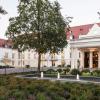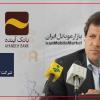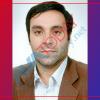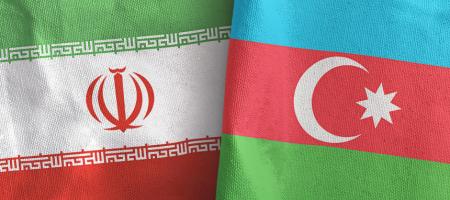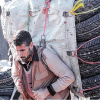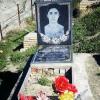
Syrian regime officials in Damascus have not hesitated to express their fear of the increasing domination of Kurds over the east of Euphrates, and describe "the alliance of ethnic groups in the regions controlled by Syrian Democratic Forces (SDF)" as "betrayal."
At the same time, like the Syrian government, the Russian foreign ministry has interpreted Kurds' moves as an attempt to "create a semi-autonomous political entity," while according to Syria's internal atmosphere there is an international and regional willingness allowing to create Kurdistan region in northern Syria, much like the Kurdistan Region in Iraq.
In an exclusive interview with AvaToday, Amjad Osman (spokesman of the Syrian Democratic Forces led by Syrian Kurds in the north) reveals their intention to create a government of their own in the Kurdish region, which is a "decentralized system particularly set in line with Syrian society."
"After the outbreak of the crises in Syria, Kurds have set the path to cope with those crises." Amjad Osman says
Osman added, "Their attempt include throwing light on the interest of Syria and its people, and as well as establishing Syria's future over a new foundation which would reform Syria in the future."

Despite having controlled several oil and natural gas fields in the region, SDF forces mostly composed of Kurds, Christians and Arab tribes have not yet closed the door of negotiation with the Syrian regime in Damascus or even Turkey.
In the past few years, Kurds have been able to receive serious support from the United States. Though, these supports are at the same level of threats imposed by Turkey.
But, the Turkish government to have any influence on northern Syria; therefore, Turkish president, Erdogan reportedly confessed the reality of the political status of Syrian Kurds, and now tries to convince the US government to form a safe zone along Turkish borders with Syria in an association with Kurdish forces.
However, Turkey's plan to create a safe zone was rejected by Trump's Administration.
Apart from that, the Syrian Kurds have lately enjoyed the moral, political, and media support of Europeans against Turkey's bullying. Accordingly, in a recent one the French president Emanuel Macron warmly welcomed a delegate from SDF forces and reaffirms the French government support for Kurds, "especially, confronting ISIS threats."
Regarding the Kurdish dream to form an independent government, Ankara, Damascus, and Tehran have long expressed their concerns.
"These accusations are against the project of Syrian Democratic Council, specifically after the alliance of the tribes in Ein-Isa council; they are against the Council because it is a true Syrian national project." Osman says in continuation of his interview.
In spite of multiple threats, Kurds have the upper hand in their controlled regions; they have the Air protection of Western powers. Pretty much like the Iraqi no-fly zone over the Kurdistan region proclaimed by the US in the 90s.
Regarding, the threats by the Syrian government claiming to cross the borders of autonomous administration regions in northern Syria in order to force Kurds to sit at the negotiation table and oblige Kurds to accept their decision, SDF spokesman noted, "several months ago we negotiated with the Syrian government in Damascus, without any result, simultaneously, we take the Syrian government's threats quite seriously.
Inspectors believe that "foreigners' support is not the only reason that flourishes Kurdish dream, but there is another characteristic which is 'secularity.' Secularity has brought several political movements together that is a positive feature.
Now Kurds are working on bringing Arab tribes under their alliance. Like what happened to Christians, after the Syrian Kurds, have managed to defeat ISIS and liberate Yazidi regions and liberated prisoners detained by ISIS.
Regarding the termination of the Syrian Civil war, Osman anticipates that "Syria's problem has turned into an international case, and we believe that Syrian people have to end this confrontation and find solutions for the crises, and without international determination I believe there will be no solution.
"I suppose defeating ISIS is a great step ahead to speed up a political solution. We believe after ISIS the subject matter is better understood today, and if there is a true determination among Syrian people, they will reach an agreement, so they will be able to protect what it's left from their country.
Following the escalation of conflicts in Syria in 2012, Kurds' star in Syria twinkled once again after several decades of marginalization by the central government. On the other hand, the dominance of the government in the Kurdish regions diminished. Particularly, after liberating ISIS-held waste territories in north-eastern Syria, the Syrian Kurds held the world in awe.
After withdrawing all of its forces, the Syrian government only have several small official organization left in the Kurdish region like Qamishli and Hassaka. But Syria has not recognized autonomous administration by Kurds.
Therefore, the Kurds problem with Syria is over the recognition of their dominance and also providing more power.


